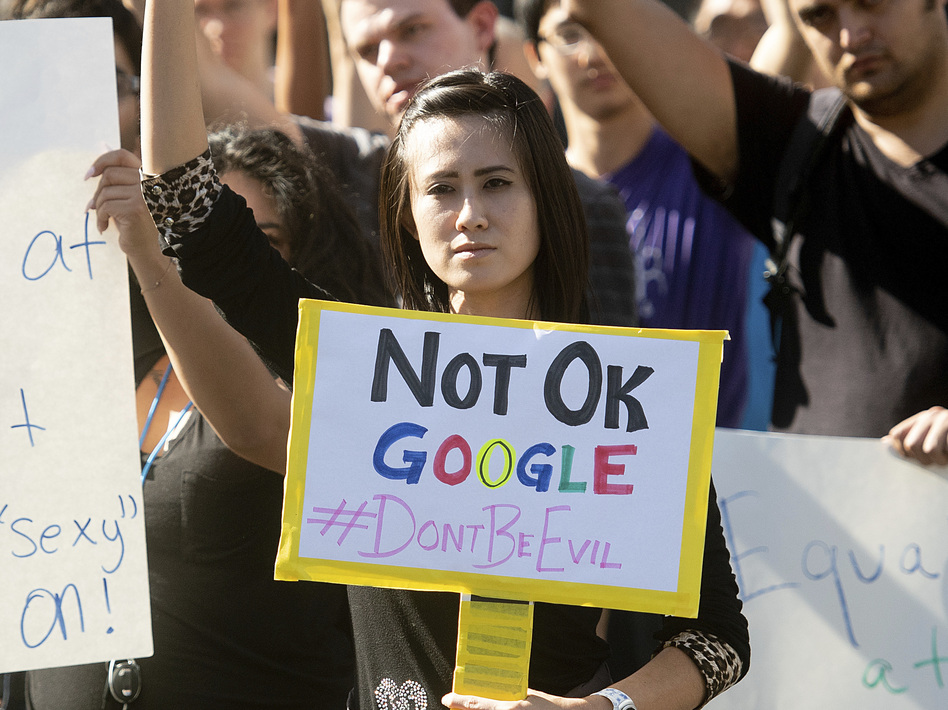Imagine a world where your personal data is no longer your own, where every click, every search, is harvested and exploited by corporations and government entities. This is not a dystopian fantasy; it is our current reality. Recent findings reveal that the mechanisms of digital consent are failing over 100 million Americans, leaving their privacy vulnerable and their rights compromised. According to research, the design of informed consent in the digital realm is fundamentally flawed, failing to protect individuals in a landscape dominated by data.
Digital Consent Mechanisms are Obsolete
Experts argue that the existing frameworks for digital consent are insufficient to safeguard individual privacy. As highlighted in a recent report, the human-centered design process employed in studies has shown that participants often feel confused and overwhelmed by consent forms, resulting in decisions made without true understanding. This lack of transparency has profound implications for the criminal justice system, where data collection is increasingly intertwined with law enforcement practices.
Government Surveillance is Rampant
Under the guise of protecting public safety, government surveillance has expanded unchecked. The U.S. Government Accountability Office outlines how the collection of personal information by federal entities often bypasses privacy laws, primarily the Privacy Act of 1974. This act, designed to safeguard individual privacy rights, is outdated and ill-equipped to address contemporary digital challenges. The implications are dire: vulnerable populations, particularly those entangled in the criminal justice system, face heightened risks of discrimination and profiling.
\n\n
Exclusive: FTC chairman says COVID is long over, get back to ...
Criminal Justice Reform Requires a Privacy Revolution
The intersection of criminal justice reform and digital privacy cannot be overstated. As reported by recent statistics, the ongoing reforms in the criminal justice system must prioritize the protection of personal data. The failure to do so not only jeopardizes the rights of defendants but also undermines the integrity of the entire judicial process. When individuals are subjected to data collection without informed consent, their ability to challenge allegations and defend themselves is severely compromised.
Corporate Exploitation of Data Must End
Corporations have taken advantage of this digital consent crisis, leveraging personal data for profit without accountability. The Federal Justice Statistics reveal alarming trends in how data collected during criminal investigations is used against individuals, often leading to unwarranted prosecutions. It is imperative that we demand stricter regulations on data usage, requiring companies to obtain explicit, informed consent before collecting or sharing personal information.
\n\n
Google Workers Speak Out About Why They Formed A Union: "To …
Privacy Laws Must Evolve with Technology
The rapid pace of technological advancement necessitates a reevaluation of our privacy laws. As discussed in the article Beyond Consent, existing frameworks are inadequate to meet the complexities of contemporary data interactions. A new legal paradigm must be established, one that not only recognizes the importance of consent but also ensures that individuals maintain ownership over their data and have the right to withdraw that consent at any time.
This urgent need for reform is echoed in the voices of advocates and scholars alike. The conversation surrounding privacy rights must be amplified, especially in the context of criminal justice reform. As we navigate this digital age, we cannot afford to ignore the rights of the most vulnerable among us. The erosion of privacy is not just a technological issue; it is a human rights issue that demands our immediate attention.







![[Video] Gunfire between Iraqi security forces and Sadr militias in Baghdad](/_next/image?url=%2Fapi%2Fimage%2Fthumbnails%2Fthumbnail-1768343508874-4redb-thumbnail.jpg&w=3840&q=75)
